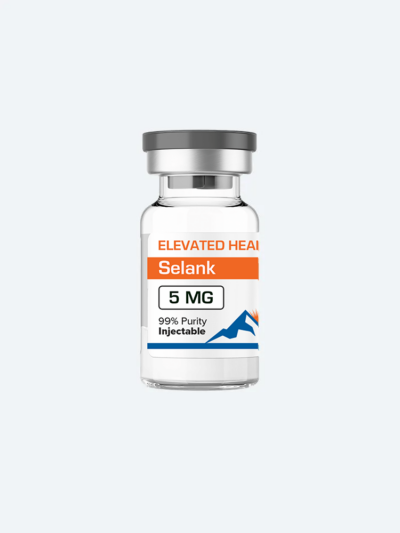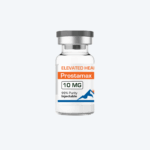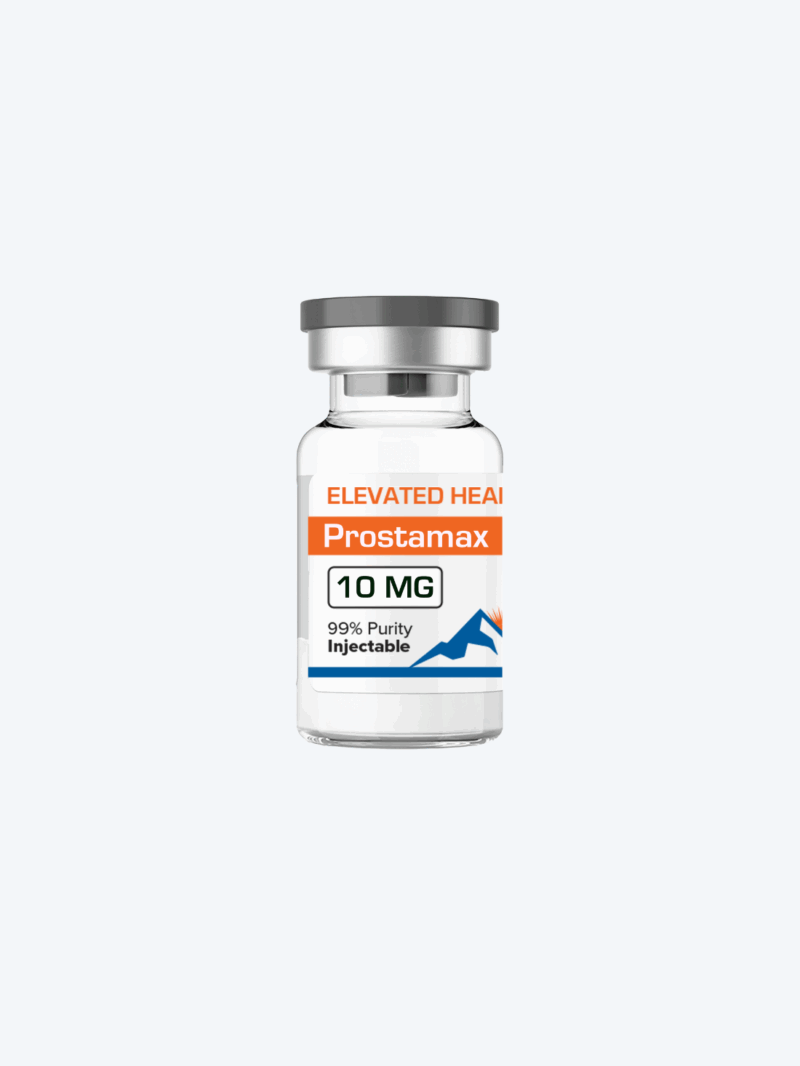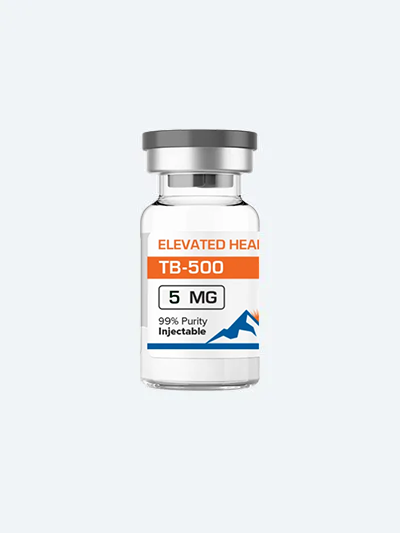Subtotal: $55.00
Prostamax
Men's Health, Peptides$70.00
Ingredients – 10 mg Prostamax
Indications – promotes healthy prostate function
Dosage – 1 to 2mg per day via injection
Prostamax is a synthetic peptide belonging to the Khavinson bioregulator family, with its primary effect having potential to combat aging and reduce inflammation in the prostate. Additionally, it is known for its ability to significantly impact DNA condensation in various cells. Prostamax also has demonstrated the ability to enhance the function of different cell types within the body, such as lymphocytes, by modifying epigenetic controls on DNA.
-
Description
-
Additional information
| Ingredients | 10 mg Prostamax |
|---|







